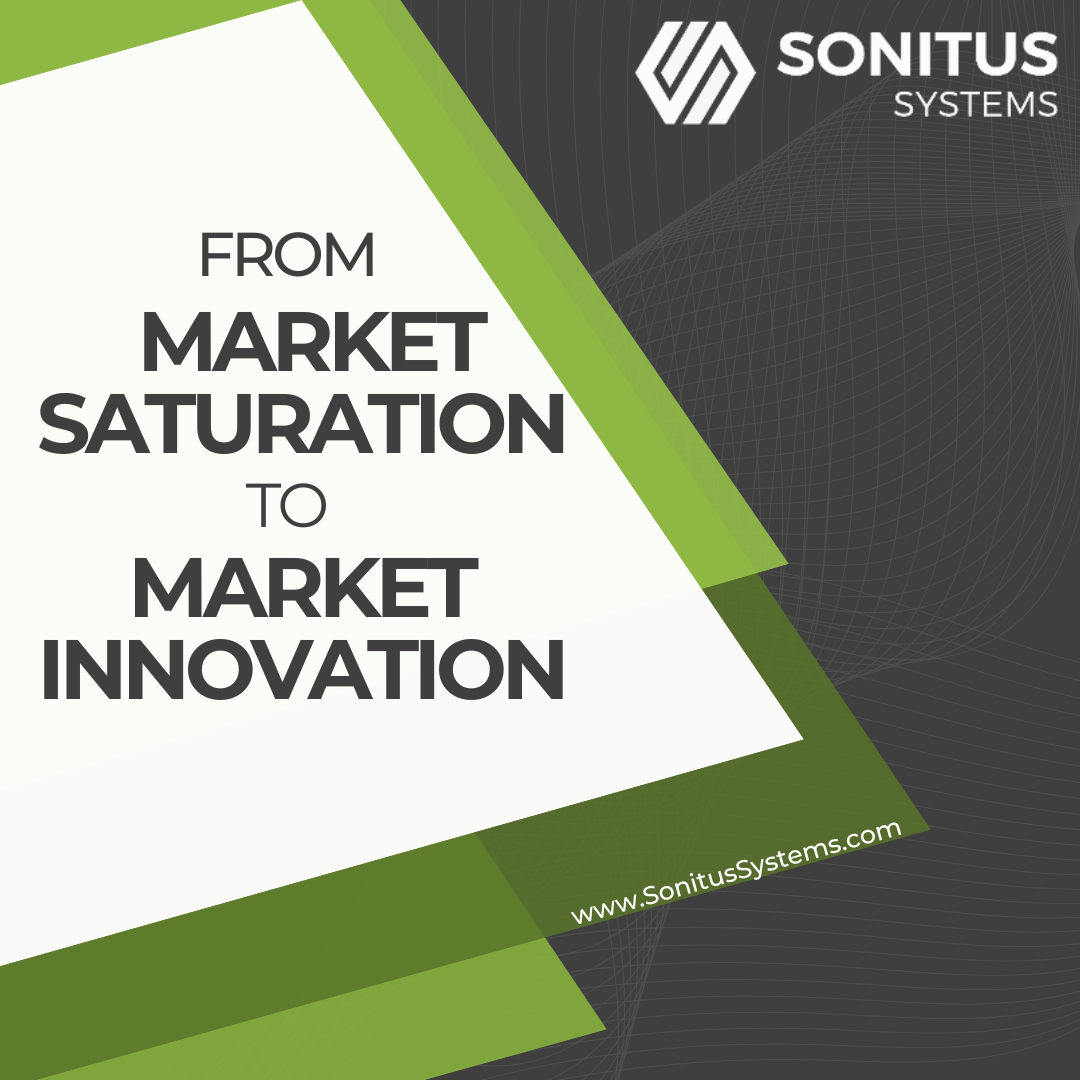What can the IOT air quality market learn from Sonitus’s experience in monitoring construction and other industrial sites
Seetheair.org recently published an interesting article on the saturation of IOT air quality manufacturers and the over-focus on low-cost sensors, generating unintelligent data rather than value-added insights. You can read this article in full here: From Boom to Bust: The Great IoT Air Quality Recession – See The Air
The above article points out that the IoT air quality monitoring market is currently navigating a period of significant transformation. It notes that leading manufacturers are already starting to make changes to improve their offering and to make the industry more sustainable and valuable to its customers.
Sonitus Systems, as a global leader in environmental monitoring across the built environment, how strategic adaptations can rejuvenate this industry. As Sonitus expands its capabilities to include air quality measurements, its innovations offer critical lessons.
User-Friendly Interfaces and Data Management
Sonitus Systems champions user accessibility through its Sonitus Cloud platform. Data from various sensors is seamlessly uploaded via 3G/ 4G or wireless communications, and is organized, prioritizing alarm statuses and current readings. This interface supports both novice and expert users, offering detailed sound waveform screenshots and trend graphs for in-depth analysis, thereby ensuring data is not just available but easily understood and immediately actionable.
Also, the user interface is organised in a hierarchy whereby the alarm status and current reading from the measurement system are given first. Access to historical levels is summarised as a daily average in a calendar view with trend graphs only appearing when detailed analysis of an event or day is required. This means that a user can quickly get an overview of the measured results and alarm conditions across multiple devices. Secondary tools are used to drill deeper into data when alarm levels are exceeded.
Proactive and Actionable Recommendations
The integration of real-time alerts and actionable recommendations stands as a core feature of Sonitus Systems. Automated alerts inform plant personnel of exceeded thresholds, enabling timely responses that adhere to environmental standards. Similarly, warnings can be set to pre-warn users when daily limits are being approached so change in plant conditions can be made before it is too late. Such functionality enhances operational efficiency and environmental compliance, demonstrating how IoT systems can transition from passive data collectors to active management tools.
Significantly, the data feeds into air quality indexes, which provide a valuable method for engaging the public in the results from multicomponent air quality instruments
Integration with Industrial Systems
Recognizing the importance of cohesive operations, Sonitus Systems has developed interfaces compatible with industrial control systems and plant operation centres. For industrial sites the control room and DCS is the nerve centre of the operation, centralising sensor measurements with the control of process systems and the plant. The Sonitus systems infrastructure is evolving to provide industry standard interface with the PLC as well as support cloud reporting, which can provide more flexible and multi-stakeholder access to data. This integration facilitates comprehensive monitoring and control, aligning IoT functions with broader operational frameworks and ensuring environmental metrics are a central component of operational decision-making.
Superior Sensor Quality and Standards
Sonitus puts great focus on the quality of the sensor measurement, understanding that for a continuous monitoring system, long term repeatability and stability with minimised cross sensitivity to interference are as important as initial calibration. This commitment to high-quality sensor technology is fundamental to Sonitus Systems. The company employs advanced optical particle counting (OPC) sensors for precise dust measurement, incorporating weather-adaptive technologies to mitigate false readings from environmental interference. For example, Sonitus measures PM- 10 and PM2.5 dust with a light scattering optical particle counting (OPC) sensor, however, to ensure that the system is not susceptible to interference from fog and mist weather conditions, it automatically heats the air inlet so that any water particles are evaporated rather than creating scattered light in the measurement chamber, thereby avoiding false signals. By doing this Sonitus has gone further in dealing with this common short term weather issue on construction sites than is required by the MCERTS standard for indicative PM -10 and PM 2.5 measurements. Likewise noise measurement systems are designed for long term stability in addition to being calibrated against Class 1 calibration standards.
Setting Industry Standards Sonitus Systems not only adheres to and exceeds existing standards, the company actively participates in defining new ones, particularly for challenging metrics like NO2 and industrial odours. This involvement ensures that their monitoring solutions meet the highest standards of accuracy and reliability, advocating for industry-wide benchmarks that promote consistency and trust in IoT environmental monitoring.
Lessons learnt
Sonitus is also committed to submitting its sensors for 3rd party testing whether it is part of colocation tests or reference instruments, instrument performance certifications or type approvals.
Sonitus strongly supports the development of appropriate performance standards against which systems can be tested, particularly for NO2 and industrial odours. The instrument operator also plays an important role in ensuring good quality data by first selecting the right instrument for an application, and then ensuring the instrument is maintained and calibrated on an ongoing basis.
As the IoT air quality market seeks to unlock its potential and leverage the learnings so far, the experience of Sonitus Systems globally offers a blueprint for success. By focusing on usability, actionable intelligence, system integration, and rigorous standards, companies can transform data overload into effective environmental stewardship. This approach not only addresses current market challenges, it also sets a path towards a sustainable and commercially useful future in air quality monitoring.
Sonitus Systems offers both the hardware and software for a range of environmental parameters on a continual basis, with real-time information available through our Sonitus Cloud dashboard. For more details on our indoor and outdoor noise and air quality monitoring products and services, please contact the team at https://www.sonitussystems.com/contact-us
